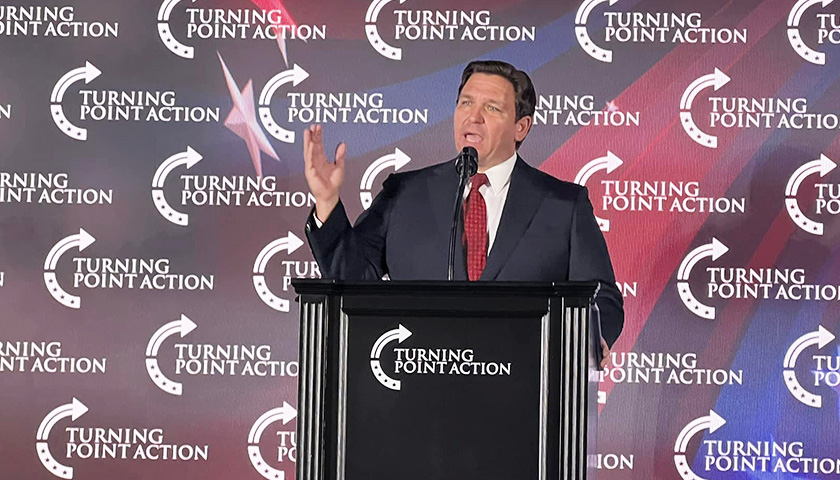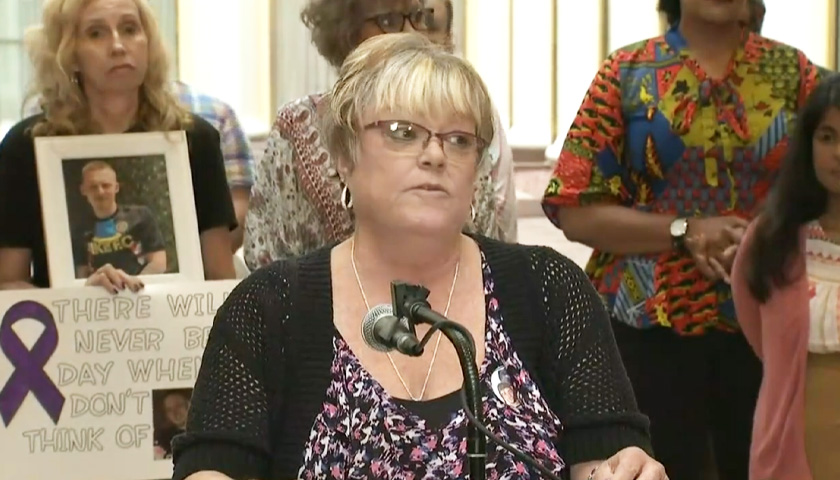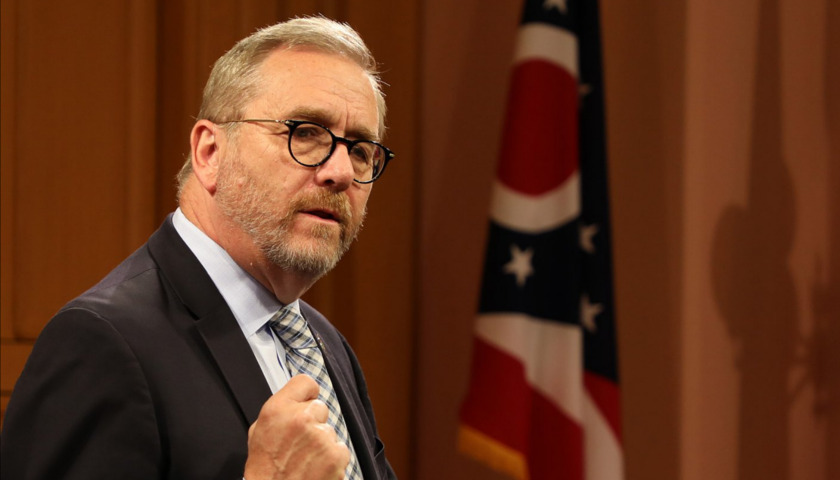Ohio Attorney General Dave Yost (R) announced on Tuesday that he and 15 other state attorneys general have negotiated a preliminary deal with the multinational retailer Walmart, from which Ohio would get $114 million for opioid recovery programs.
The $3.1 billion national agreement comes after Yost and other prosecutors sought accountability for what they characterize as the superstore’s failure to safely and securely dispense high-strength prescription pain relievers through its more than 5,100 pharmacies across America. Other state prosecutor’s offices who worked alongside him include California, Colorado, Connecticut, Delaware, Illinois, Indiana, Iowa, Louisiana, Massachusetts, North Carolina, Nebraska, Pennsylvania, New York, Tennessee and Texas.
The agreement comes after Yost and other prosecutors sought accountability for what they characterize as the superstore’s failure to safely and securely dispense high-strength prescription pain relievers through its more than 5,100 pharmacies across America. Other state prosecutor’s offices who worked alongside him include California, Colorado, Connecticut, Delaware, Illinois, Indiana, Iowa, Louisiana, Massachusetts, North Carolina, Nebraska, Pennsylvania, New York, Tennessee and Texas.
Read the full story






























